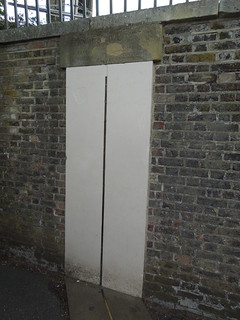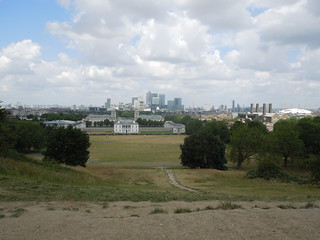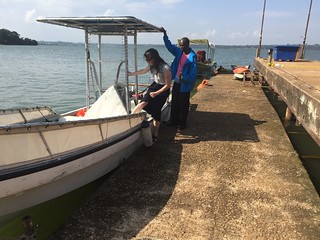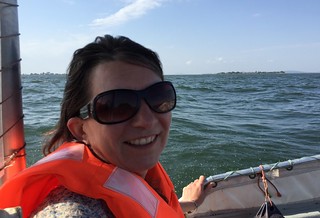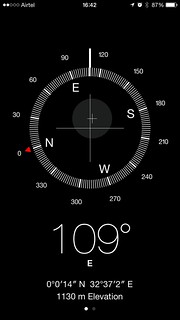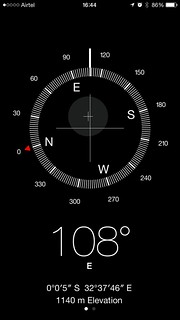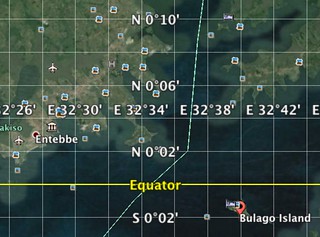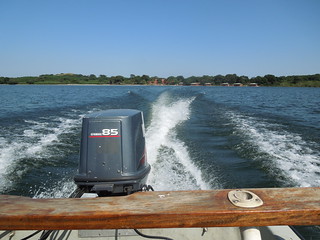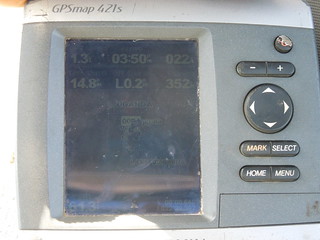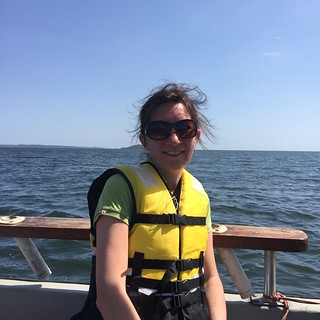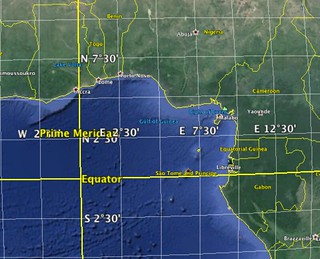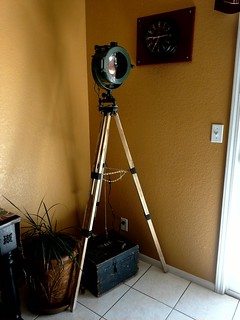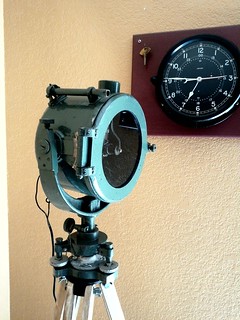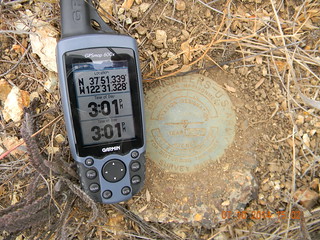Continuing my world exploration of Maritime Museums, today I had the opportunity to visit the Reykjavik Maritime Museum here in Iceland. This is the most northerly establishment I've visited.
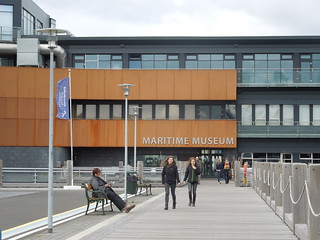
It is sited at the Old Harbour which I hardly explored today.
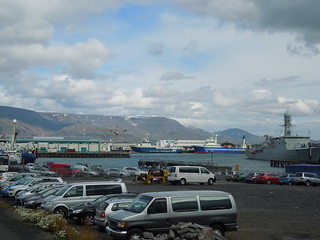
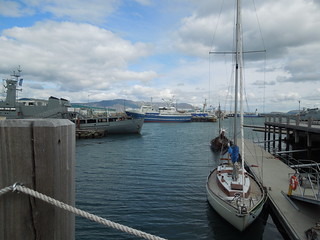
However, with groovy seats like this, made from propellor blades,
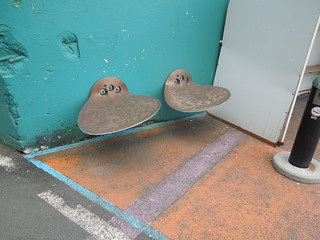
and the Icelandic humour...
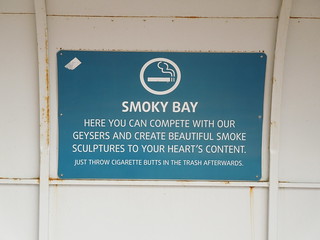
...I'm looking forward to seeing more in the next few days.
Maritime Museums have themes related to their sea history. For example, the Brazilian (Rio de Janeiro) museum focuses much on their war of independence with the Portuguese; Denmark alternates between their run-ins with the Swedes and international maritime trade (think Maersk). The Dutch one majors on colonisation. And the British variant wistfully looks at the days when "the sun never set on the Empire" and also is big on naval protection during the World Wars.
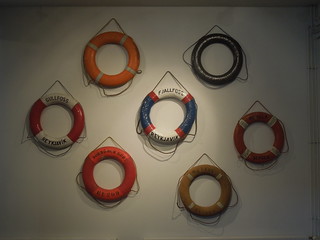
Iceland's theme is fishing.
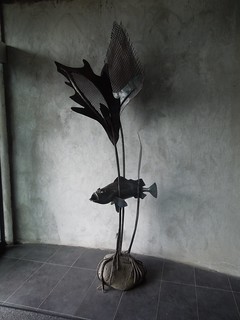
They do an awful lot of it.
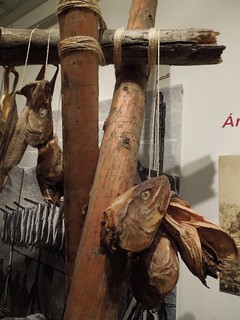
Interestingly I read today that this maritime industry only took off when over 80% of their sheep died after a volcanic eruption and they had to look elsewhere for food/livelihood. However, the Icelandic Fisheries only states that a change in climate meant agriculture was less viable. Well, I'd say a volcanic eruption could be quite environmentally changing especially if the ash permeates the soil.
After being pretty sated by tales of fishermen and women, I found a familiar display.
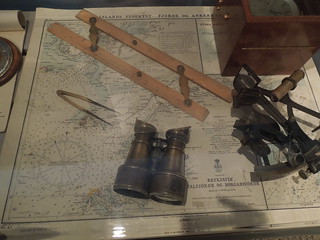
Like many parts of the world, Iceland has its fair share of sea accidents. I suspect a pretty strong fetch up across the Atlantic isn't going to help neither will the harsh Arctic weather. This map shows the numbers and types of incidents of ships over 12 tonnes between 1928 and 1937.
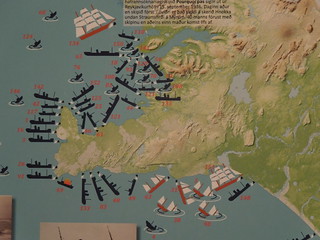
Quite a graphical image don't you think? Their cartographical rule of pinning the end of the boat to the rock it hit has given quite a realistic view of ships aground.
I came across a pelorus which I don't recall coming across before.
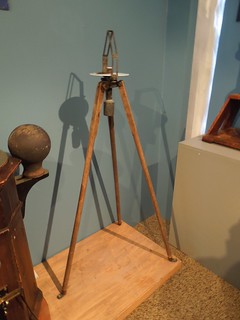
It was used to measure bearings at sea between prominent shore marks and also astronomical bodies. It is gimballed: you may be able to see the weight under the disc.
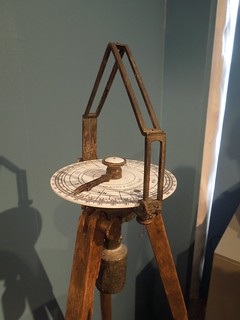
I checked it still worked ("not sure you should be touching the displays Ruth," muttered my husband). I live a risky life....
This is a replica of Konrad Gislason's "Konni the Compass" workshop. He adjusted, repaired and maintained compasses for 6 decades and was renowned in the Icelandic maritime industry.
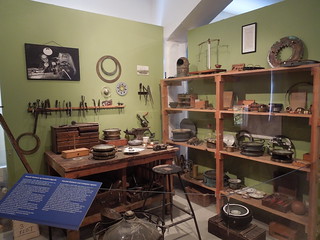
I was amused to see this book on the shelf.
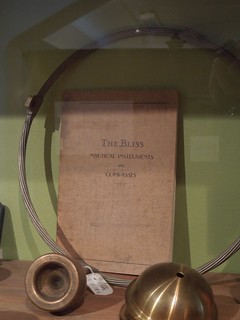
I suspect that's not everyone's idea of bliss.
Now I think about bliss - with my geo-tinted glasses on - at a tad over 64°N I'm at the most northerly point I've ever been. And, to keep the theme going, I'm actually the nearest I've ever been to a geographical pole. When I travelled south in 1995 I only just skimmed past 60°S. Golly. I'm going to have to sit down (it must be the thin air up here) this is too much excitement for one day.

It is sited at the Old Harbour which I hardly explored today.


However, with groovy seats like this, made from propellor blades,

and the Icelandic humour...

...I'm looking forward to seeing more in the next few days.
Maritime Museums have themes related to their sea history. For example, the Brazilian (Rio de Janeiro) museum focuses much on their war of independence with the Portuguese; Denmark alternates between their run-ins with the Swedes and international maritime trade (think Maersk). The Dutch one majors on colonisation. And the British variant wistfully looks at the days when "the sun never set on the Empire" and also is big on naval protection during the World Wars.

Iceland's theme is fishing.

They do an awful lot of it.

Interestingly I read today that this maritime industry only took off when over 80% of their sheep died after a volcanic eruption and they had to look elsewhere for food/livelihood. However, the Icelandic Fisheries only states that a change in climate meant agriculture was less viable. Well, I'd say a volcanic eruption could be quite environmentally changing especially if the ash permeates the soil.
After being pretty sated by tales of fishermen and women, I found a familiar display.

Like many parts of the world, Iceland has its fair share of sea accidents. I suspect a pretty strong fetch up across the Atlantic isn't going to help neither will the harsh Arctic weather. This map shows the numbers and types of incidents of ships over 12 tonnes between 1928 and 1937.

Quite a graphical image don't you think? Their cartographical rule of pinning the end of the boat to the rock it hit has given quite a realistic view of ships aground.
I came across a pelorus which I don't recall coming across before.

It was used to measure bearings at sea between prominent shore marks and also astronomical bodies. It is gimballed: you may be able to see the weight under the disc.

I checked it still worked ("not sure you should be touching the displays Ruth," muttered my husband). I live a risky life....
This is a replica of Konrad Gislason's "Konni the Compass" workshop. He adjusted, repaired and maintained compasses for 6 decades and was renowned in the Icelandic maritime industry.

I was amused to see this book on the shelf.

I suspect that's not everyone's idea of bliss.
Now I think about bliss - with my geo-tinted glasses on - at a tad over 64°N I'm at the most northerly point I've ever been. And, to keep the theme going, I'm actually the nearest I've ever been to a geographical pole. When I travelled south in 1995 I only just skimmed past 60°S. Golly. I'm going to have to sit down (it must be the thin air up here) this is too much excitement for one day.
